Cannabis in Washington
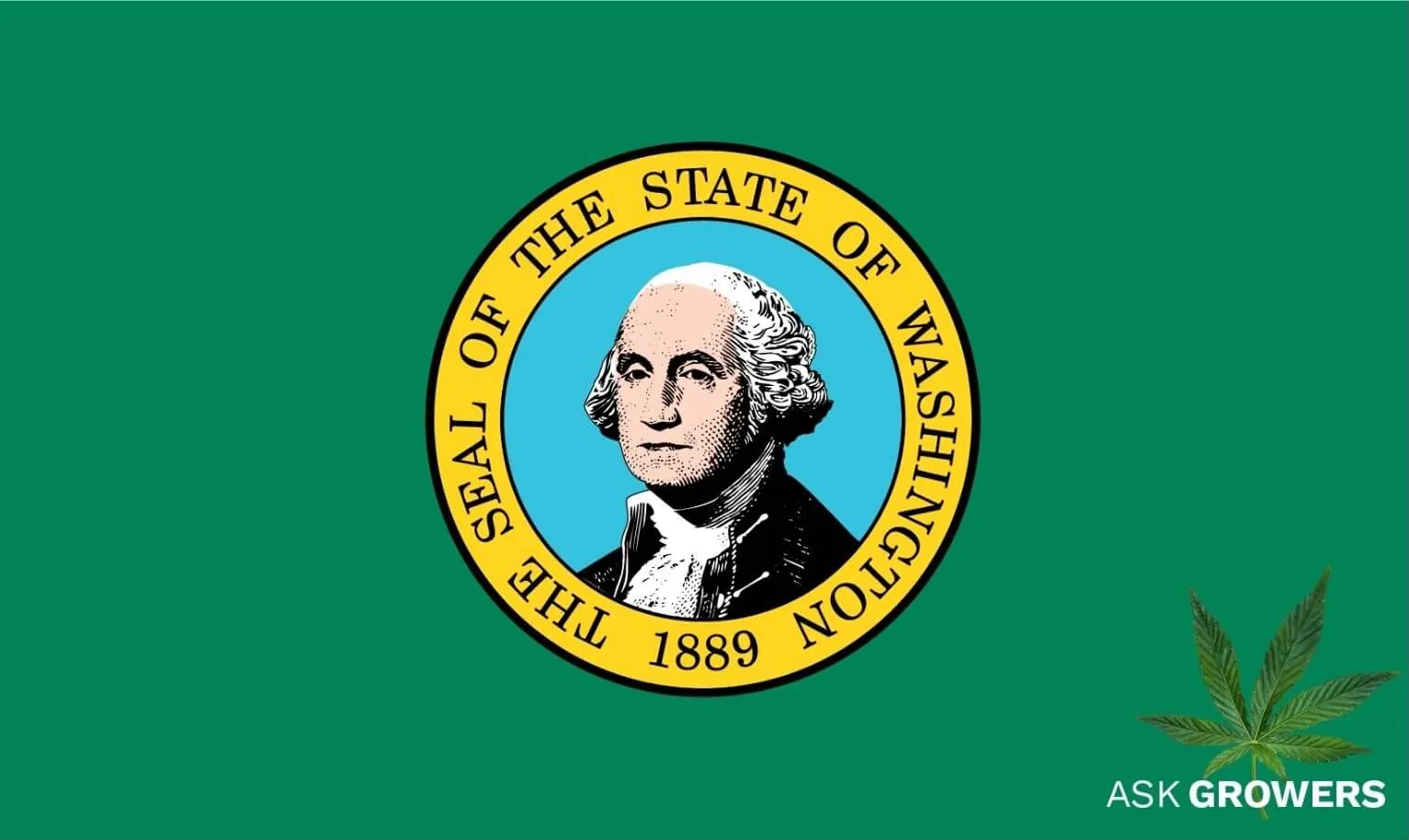
- Is Weed Legal in Washington?
- Buying Marijuana in Washington?
- Cannabis Consumption in Washington
- Taxes on Marijuana in Washington
- Washington Medical Marijuana Card
- Transporting Marijuana in Washington
- Exporting Marijuana
- Growing Marijuana
- Licensing for Growers, Manufacturers, Processors, Retailers, Etc.
- Sources
Due to recreational marijuana laws, Washington has become a hot spot for hash tourism. Multiple travel agencies offer tours and vacation packages to guide newcomers to the world of legal pot. This post will help you be educated on the purchase and use of marijuana products to enjoy this industry in accordance with the Washington state marijuana laws in 2020. It is important to stay on top of all changes that can affect the legal status of cannabis in the state.
Is Weed Legal in Washington?
Thanks to Washington voters, medicinal cannabis was legalized in the state in 1998 with 60% of the vote. In 2012, Washington became the first American state that made recreational cannabis legal. It was the second state in the nation that allowed official sales of recreational cannabis in 2014. Now, legal adults 21 and older can consume and possess marijuana with no fear to be punished by the law. The marijuana industry here is under the jurisdiction of the Washington State Liquor and Cannabis Board (WSLCB).
Buying Marijuana in Washington?
Under the current cannabis laws, individuals can legally carry and buy marijuana from dispensaries. Check the possession and purchase limits that operate in the state.
| Medical marijuana patients | Legal adults 21 and older |
| 3 oz. (85 grams) of usable cannabis/flowers/buds | 1 oz. (28 grams) of usable cannabis/flowers/buds |
| 21 grams (0.7 oz.) of concentrates | 7 grams (0.25 oz.) of concentrates |
| 48 oz. (1.36 kg) of solid marijuana products/edibles | 16 oz. (454 grams) of solid marijuana products/edibles |
| 216 oz. (6.4 liters) of liquid cannabis products | 72 oz. (2.13 liters) of liquid cannabis products |
This is not a problem to buy cannabis in the state since there are lots of medical dispensary near you location that offer multiple cannabis-infused goods for sale. Most hash provision stores serve both registered patients and recreational users, but you may also come across dispensaries that sell cannabis only to medical patients and caregivers. Check this information before making a drive.
To purchase cannabis, you should provide your photo ID, a driver’s license, or an international passport. The operating hours of pot retail stores can vary. According to the law, they can open at 8 a.m. and close at midnight, but the local government has the right to restrict this time frame. Preview the working hours in advance.
There are no legal cannabis delivery services in the state because the Bill concerning cannabis delivery was stalled by certain legislative committees. However, the state legislature authorized the WSLCB to study options for how to implement this service within the state.
If you are a cannabis tourist, you should know a couple of things while shopping in Washington:
- minors and customers under 21 are not allowed inside of marijuana shops;
- since marijuana is illegal on a federal level, cannabis retailers cannot use electronic forms of payment. So, bring cash;
- ask a consultant for help. With myriads of products in cannabis shops, it is easy to get lost. “Budtenders” will help you choose between Indica and Sativa, and can recommend the right products and correct supplies.
Local dispensaries offer an overwhelming variety of cannabis goods to choose from: flowers, concentrates, edibles, paraphernalia (pipes, paper), etc. These stores are not allowed to sell branded merchandise, like T-shirts or caps.
Though marijuana is legal in the state, the legalization laws have imposed restrictions on cannabis advertisements. Hash retail shops are allowed to have only 2 small external signs. The outdoor advertisement cannot depict cannabis flowers. You won’t find here loud billboards that feature marijuana leaves. Also, it is banned to advertise marijuana on public transportation.
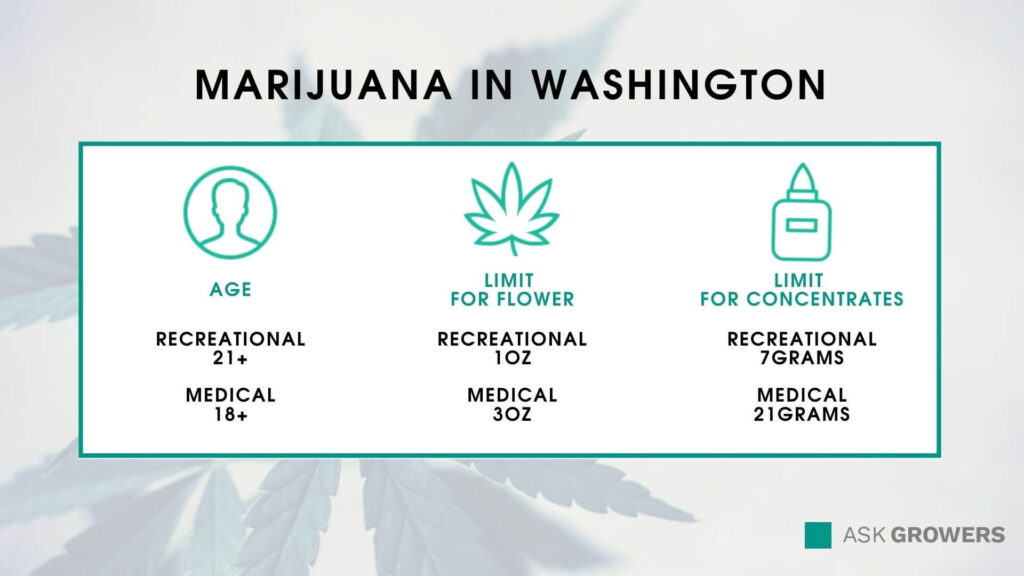
Cannabis Consumption in Washington
Adults and approved patients can legally consume marijuana on their private property or in their neighbor’s/relative’s house after the owner’s permission. In a rented apartment, you should discuss this opportunity with the landlord.
It is outlawed to smoke marijuana in view of the general public. This list covers some off-limit places where individuals are forbidden to use cannabis-infused products:
- public parks;
- restaurants/bars/night clubs;
- concerts/public events;
- recreational centers;
- parking lots;
- cars;
- schools/school grounds;
- streets/sidewalks;
- places that are close to a public area where people can smell the smoke;
- places where tobacco smoking is banned.
The federal laws don’t allow people to bring and use cannabis on federal lands because this substance is considered illegal. Be careful because over 1/3 of the state territory is covered in federal lands.
Taxes on Marijuana in Washington
If you are planning to buy recreational cannabis in Washington, expect to pay huge taxes on all marijuana products. The state dispensaries collect a 37% excise tax plus state and local sales taxes.
Medical marijuana patients are not subject to these taxes. This is a good reason for people with debilitating conditions to obtain a medical marijuana (MMJ) card. To save money, don’t forget to take your medical card with you while heading for a store.
Washington Medical Marijuana Card
After medical cannabis legalization, patients with debilitating conditions could get marijuana for medical purposes. The state enacted a medical cannabis program, and licensed health care professionals could recommend this substance to patients.
With an MMJ card, patients are allowed to purchase marijuana from licensed retailers. Unfortunately, Washington marijuana laws don’t include a reciprocity clause. This means that out-of-state patients cannot take advantage of their medical cards while buying hash here. They are permitted to buy pot products as recreational consumers. Unlike Washington MMJ patients, they have to pay excise and sales taxes.
How to Get a Medical Marijuana Card in Washington
Washington joined a list of U.S. states that implemented the MMJ program long ago. So, all laws and regulations in regard to medical cardholders have already been adopted. Patients and their caregivers have legal protection for hash consumption and possession. The procedure of getting an MMJ card is similar to that used in other American states. It will be described in the sections below.
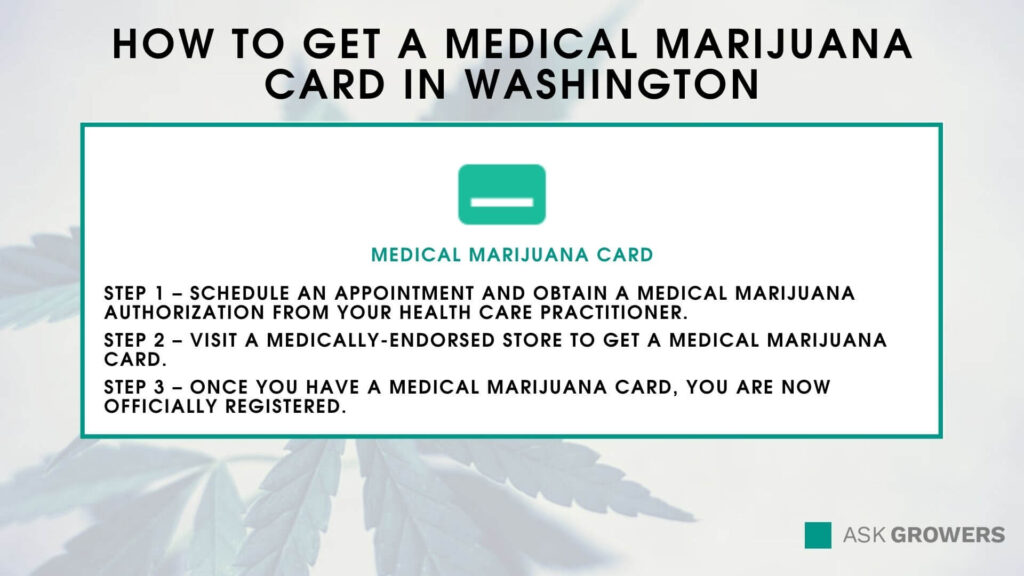
Diseases
The law states that patients who have terminal illnesses, suffer from intractable pain, or are diagnosed with certain debilitating conditions can legally use medical pot if it helps relieve symptoms of the disease unrelieved by standard medications.
The following conditions are treated as qualifying:
- cancer;
- HIV/AIDS;
- multiple sclerosis;
- epilepsy/spasticity disorders/seizures;
- glaucoma;
- Crohn's disease;
- traumatic brain injury;
- hepatitis C;
- chronic renal failure;
- post-traumatic stress disorder;
- wasting syndrome;
- anorexia.
Licensed therapists can approve other diseases as qualifying if they result in persistent pain, nausea, vomiting, muscle spasms, cramping, etc.
Mental health conditions such as severe depression, bipolar disorder, and anxiety are not considered as eligible and don’t qualify for MMJ use.
Patient qualifications
Patients 18 and older can register in the MMJ program if they are diagnosed with a qualifying condition. Only Washington residents can participate in the program. The best variant is to establish a bona fide relationship with your therapist so that the doctor can provide your follow-up treatment and care.
Patient registry process
To get an MMJ card, patients should follow the following steps as explained on the governmental website:
- to get an authorization form from a licensed physician who is eligible to confirm a qualifying disease and legally recommend cannabis therapy;
- to register with the state MMJ authorization database. If patients need help in the registry process, they can give a call or assign an appointment with a certified consultant;
- to bring a filled-out registration form with a current ID card to the nearest medically-endorsed cannabis store so that a certified consultant can add your personal information to the database;
- to receive an MMJ card from a state medically-endorsed cannabis retailer. A $1 fee is required to issue the card.
The cards are valid for 1 year for adult patients and 6 months for minors. Also, health care providers can indicate an earlier expiration date.
Caregiver qualifications
Minors and adult patients who need help in cannabis use can designate a caregiver. These individuals will be authorized to purchase and grow cannabis for patients. To be a caregiver, individuals should reside in Washington and be at least 21 years old. Designated providers can serve only 1 patient at a time. They should register with the MMJ program and receive a caregiver recognition card. After the registration process, they will be entered into the MMJ database.
Transporting Marijuana in Washington
Legal individuals can transport cannabis to select locations (for example, from a dispensary to your house). The local marijuana law frowns upon people who drive to multiple places with cannabis in their cars.
If you transport marijuana, it should be kept in an original, sealed box away from the driver’s reach. It should be stored in the trunk of the vehicle. You’ll be breaking the law transporting marijuana in an open container.
As in any U.S. state, it is illegal to drive a car in Washington if you are high. Due to a drugged driving law, people are not allowed to drive with a detectable level of an illicit drug in their body. It is forbidden to get behind the wheel with 5 nanograms of THC in the bloodstream. To stay on the right side of the law, use a ride-sharing app instead of risking while driving under the influence of hash.
Smoking cannabis in a moving car or while operating a boat is also outlawed and may result in legal penalties. This restriction is valid for both drivers and passengers.
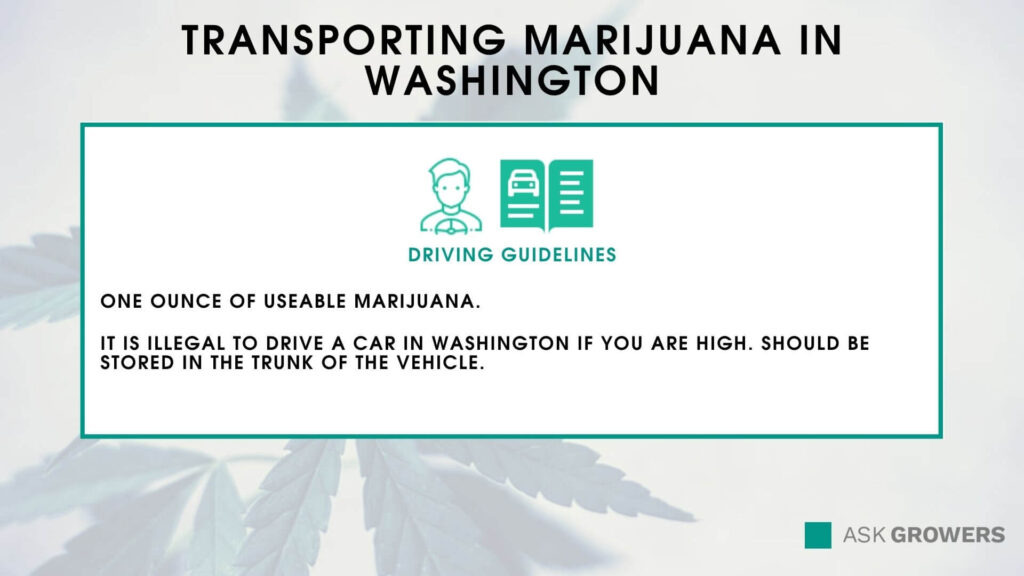
Exporting Marijuana
It is banned to take cannabis across international or state borders. This substance can be consumed only within the state. Hemp remains a federally illegal drug, so it is forbidden to bring it to other U.S. states. Leaving the state means leaving cannabis behind.
It is also a crime to send a package with hash products in the mail. If you are caught with this substance, you can face a steep fine or jail time.
Growing Marijuana
Authorized patients 21 and older and their caregivers are permitted to grow pot for medical use. The maximum cultivation limit is 6 plants. In addition, growers can possess up to 8 oz. of marijuana from their harvest.
Licensed physicians have the right to approve a higher cultivation limit for their patients – up to 15 plants with the possession cap up to 16 oz. of the harvested cannabis.
The law forbids recreational users from cultivating marijuana for personal use. The individuals who break the law can face up to 5 years of incarceration and a $10,000 fine.
Licensing for Growers, Manufacturers, Processors, Retailers, Etc.
All businesses that cultivate hash and deliver these goods to dispensaries after harvest are licensed growing facilities that are strictly regulated by the state.
Washington issues the following types of licenses:
- producer;
- retailer;
- processor;
- marijuana research;
- transportation.
Currently, the WSLCB is not accepting new applications for the first 3 types of licenses as of September 2019 until further notice.
Read Also: In the Past Five Years Alone, Cannabis-Related Tax Receipts Have Grown by 622% In Washington
Sources
https://norml.org/laws/washington-penalties-2/
https://guides.lib.uw.edu/law/cannabis/wa
https://www.doh.wa.gov/You-and-Your-Family/Marijuana/Medical-Marijuana/
https://ballotpedia.org/Washington-Marijuana-Legalization-and-Regulation
https://pubmed.ncbi.nlm.nih.gov/30822133/
https://wikipedia.org/wiki/Cannabis-in-Washington-State
https://lcb.wa.gov/mj-education/know-the-law
https://www.seattle.gov/marijuana
http://mrsc.org/getdoc/8cd49386-c1bb-46f9-a3c8-2f462dcb576b/Marijuana-Regulation-in-Washington-State
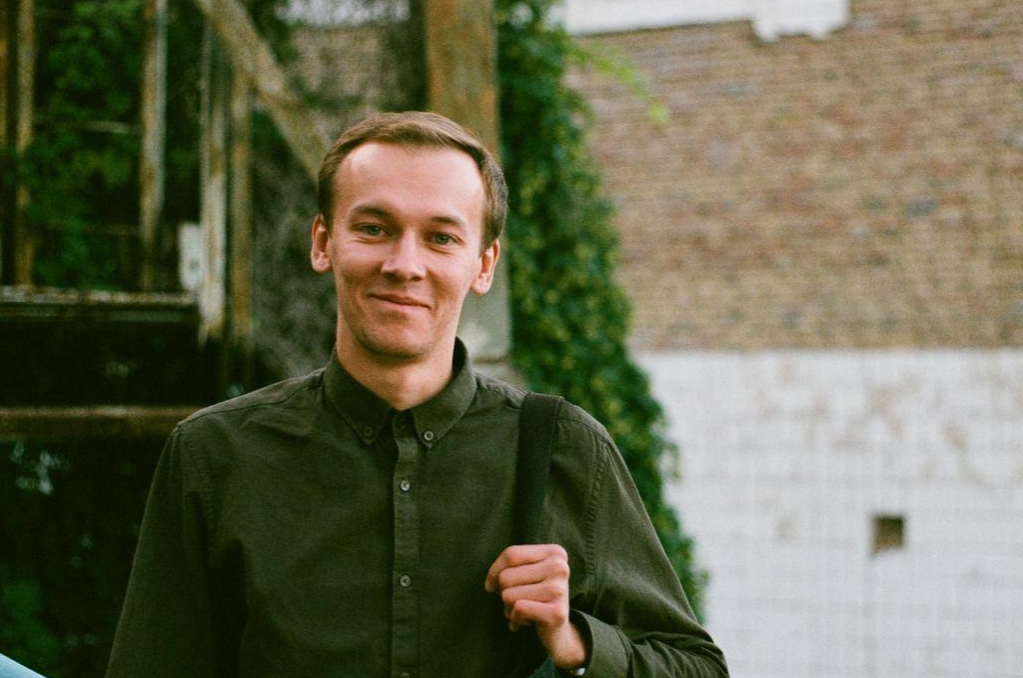
 Guides
Guides
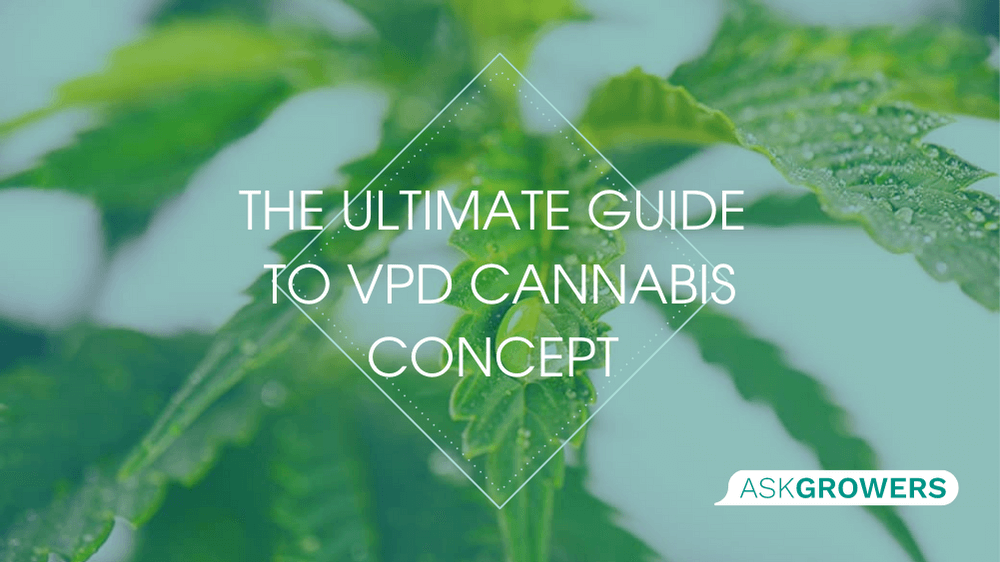
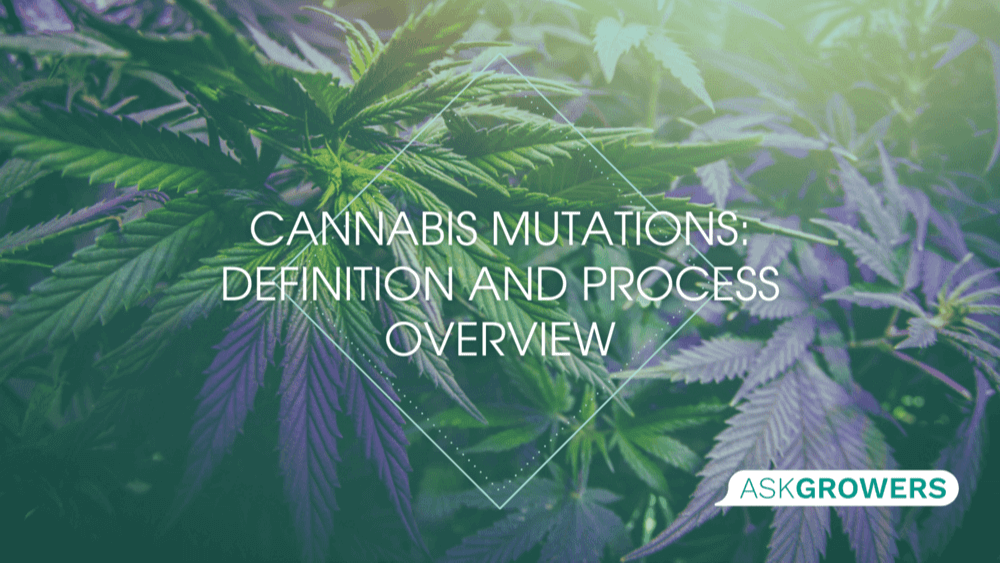
.png)
.png)
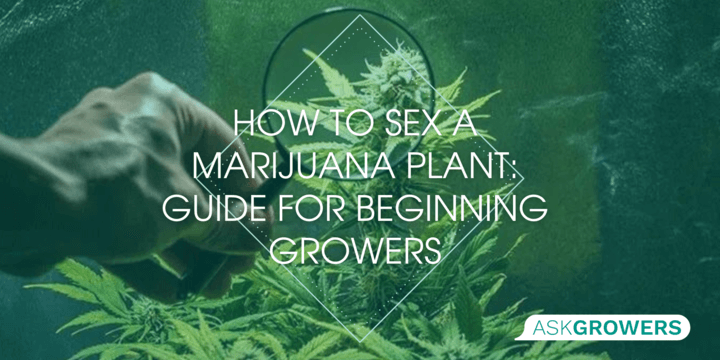
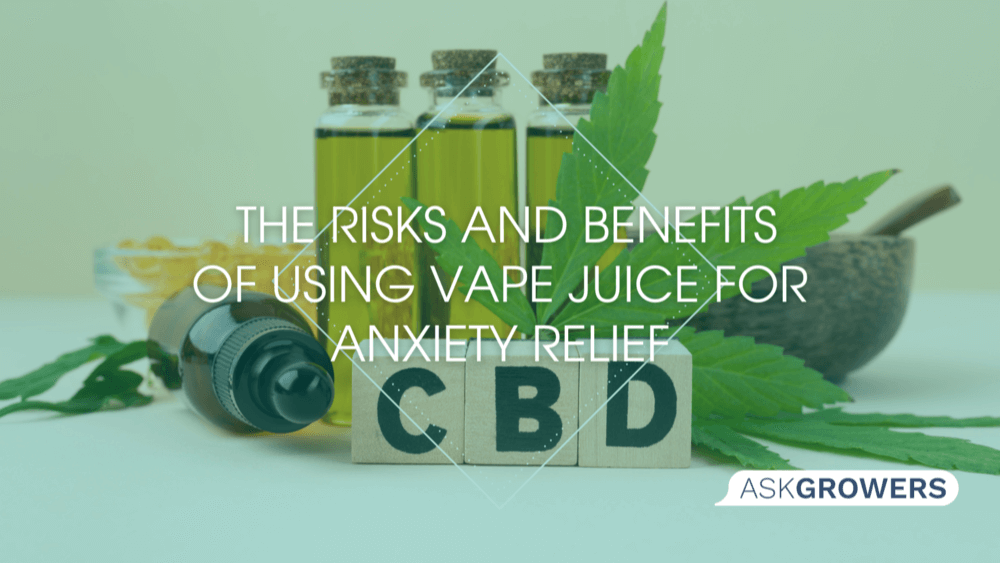
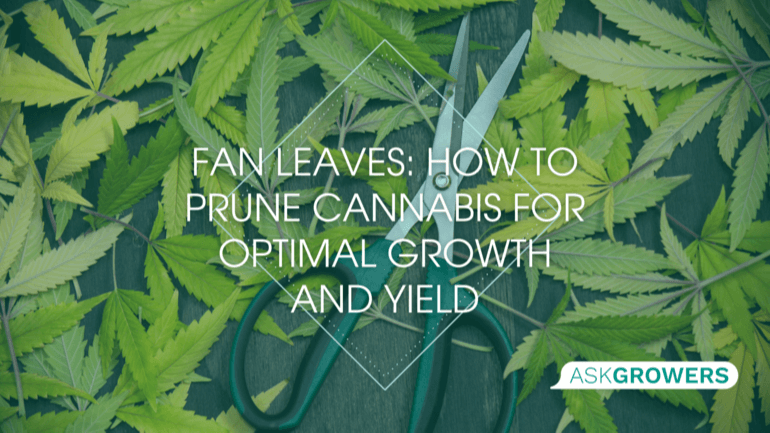
 (1).png)
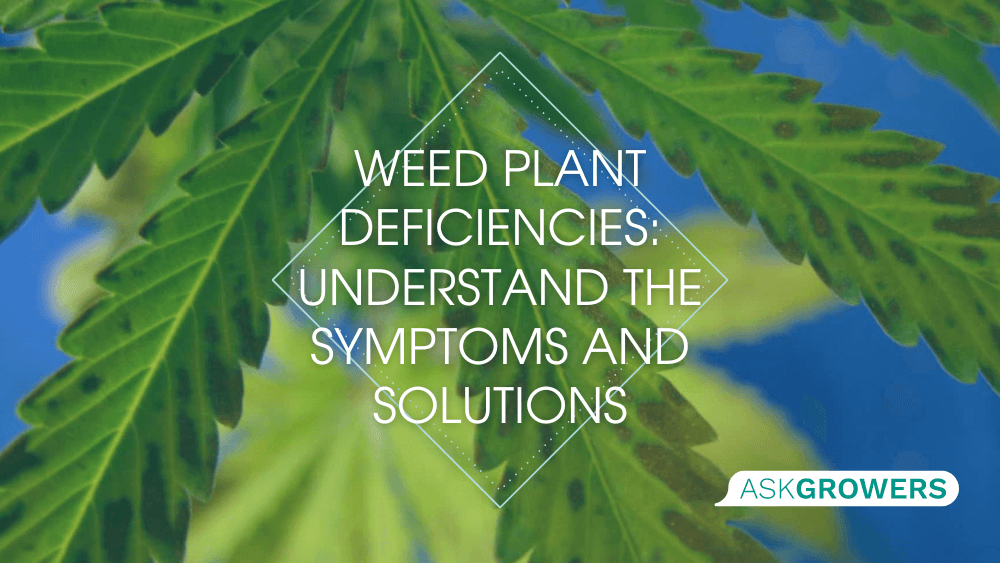
.jpg)
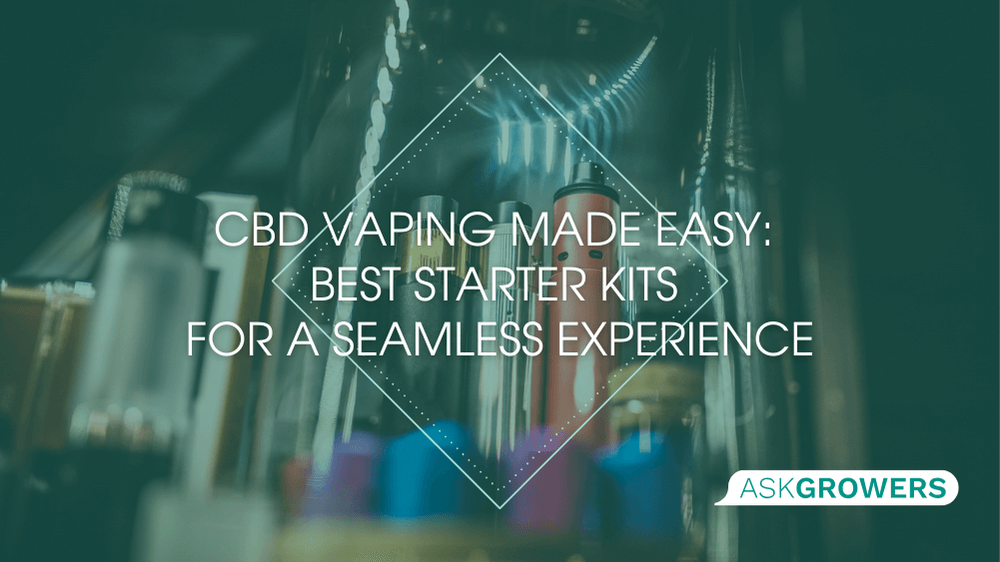
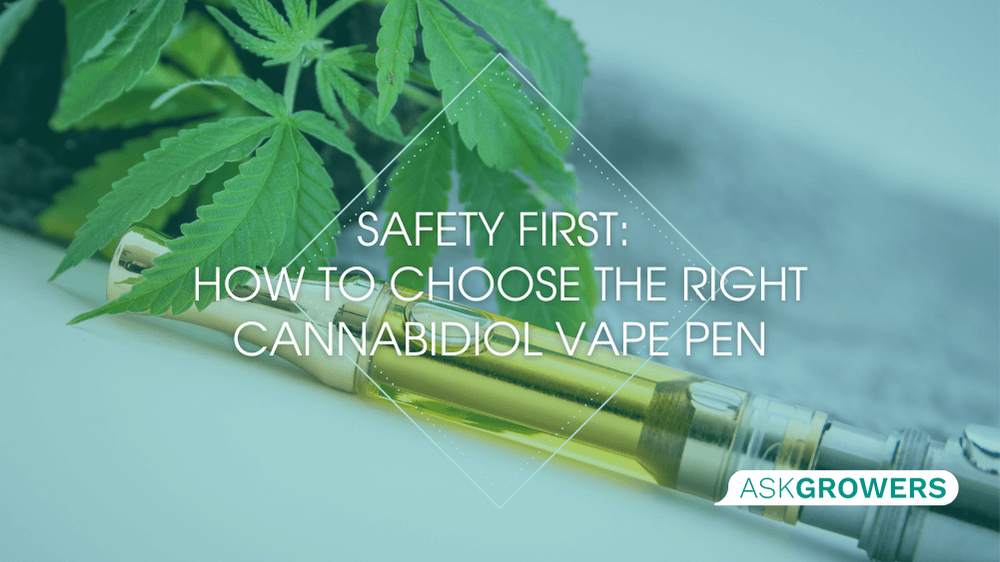
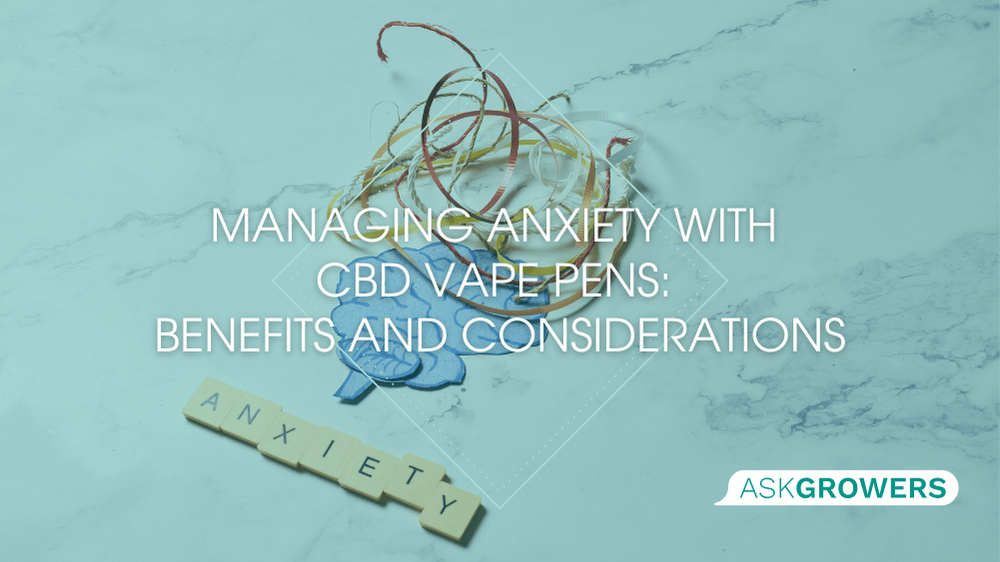
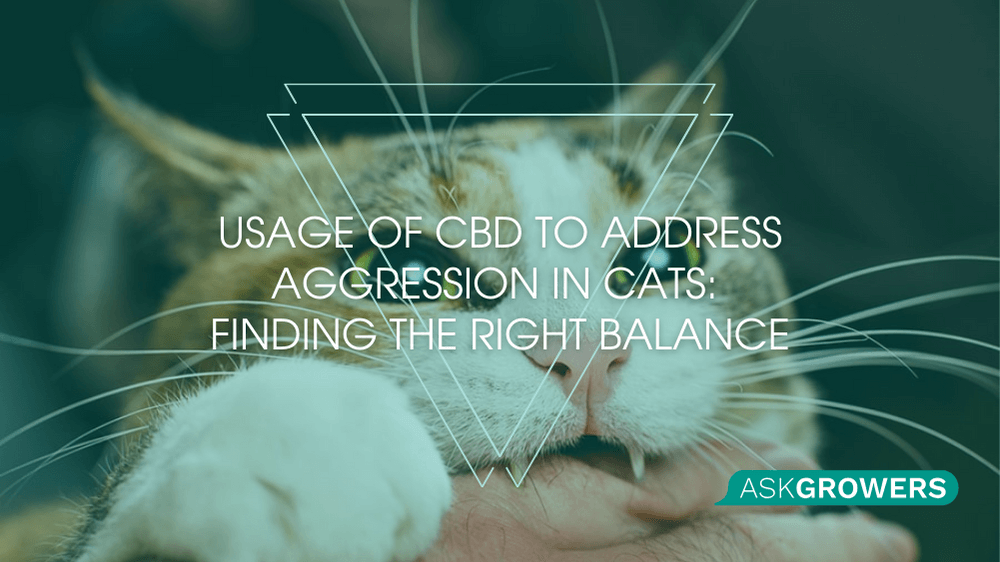
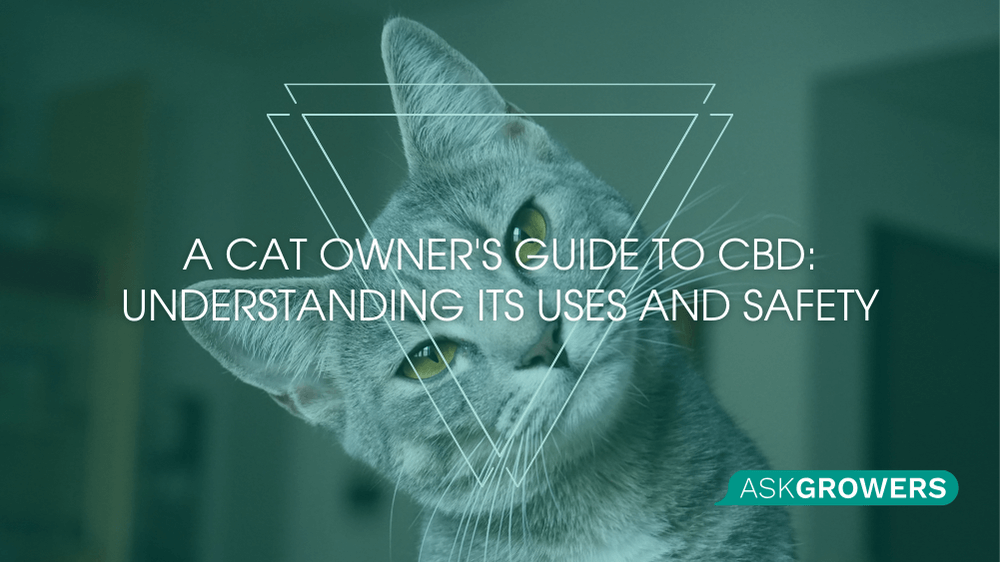
Be the first and share your opinion
Write a Review